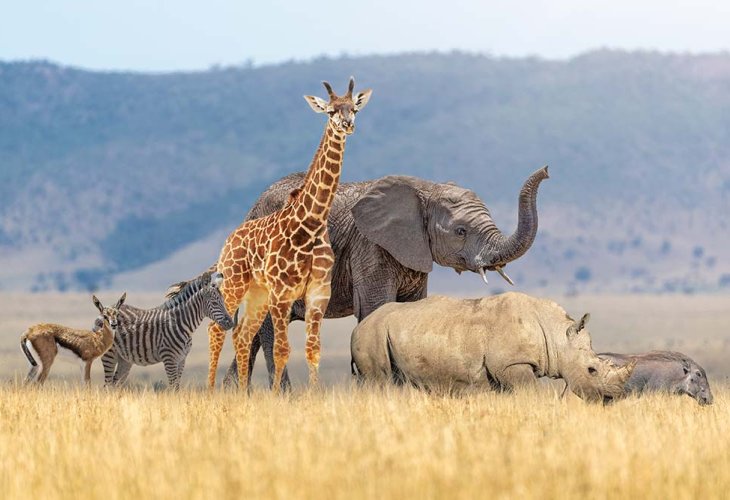Faith
Why Does the Torah Focus So Much on Food and Animals?
Exploring the laws of kosher, and how distinguishing between pure and impure foods shapes human spirituality and purpose
 (Photo: shutterstock)
(Photo: shutterstock)"Please explain to me, Rabbi — why does a quarter of the Torah deal with animals? The Shulchan Aruch (Code of Jewish Law) is divided into four parts. Orach Chaim deals with prayers, Shabbat, and holidays. Choshen Mishpat covers financial laws, which are also important. Even Ha’ezer discusses marriage and divorce, which, like it or not, we have to deal with. But Yoreh De’ah? From beginning to end it deals with what we can eat and what we cannot eat: mammals, birds, fish, insects, worms, forbidden mixtures, new growth, and so on. A quarter of Torah law is about menus — why?"
* * *
The truth? A quarter of our lives revolves around food. And the Torah is a Torah of life.
The dream of every lawyer is to create a reality where the ethical code isn’t relevant — a “clean” world with no legal or ethical complications. Similarly, a good tax consultant creates situations where there’s no need to hide income because tax liabilities simply don’t apply. If done well, it creates a sterile environment, without restrictions.
The Torah’s purpose is the opposite. Its goal is not to remove boundaries, but to guide life. There will never be an area of life without Torah. If we spend a quarter of our day eating, should we do it like animals, mindlessly, without spiritual meaning? That would be wasting a quarter of life for nothing.
The Power of Distinction
In the Torah portion of Shemini, the word “lehavdil—to distinguish" appears repeatedly: to distinguish between pure and impure, between animals that may be eaten and those that may not.
This is a crucial point. Animals cannot make such distinctions; they eat “whatever moves.” They can instinctively tell the difference between food that harms them and food that benefits them which is a biological instinct God embedded in them. However, this is not wisdom, but survival. Human distinction, based on reason and understanding, is something only people have the ability to do, due to the wisdom God instilled in us.
The act of distinguishing is a divine quality. In creation, God constantly distinguishes between light and darkness, between the waters above and below, between sea and land, between six days of work and the seventh day of rest. This is the reason that we bless Him after Shabbat and festivals as “Hamavdil bein kodesh lechol—the One who distinguishes between holy and ordinary."
Humans Are Different From Animals
Human beings are created in God’s image, and therefore we too can distinguish. The central mistake in the question is thinking that Jewish law focuses on what’s forbidden (a long list). In reality however, halacha focuses on what’s permitted (a carefully chosen list). We are not animals that eat whatever moves unless something instinctively warns us not to. We are human beings. When we choose to eat another living creature — or at all, we are expected to distinguish and discern what is truly good and worthy to eat.
The laws of the Torah regarding food have many reasons and layers, from simple, logical, and even scientific explanations to deep spiritual secrets. The main principle, however, is not to “pile on prohibitions,” but to teach us how to distinguish.
Our right to eat animals is not like our right to breathe air. Animals were created by the Creator, and their purpose is not merely to be consumed by us. Eating an animal requires conditions and preparation, and that is what separates human beings from animals.

